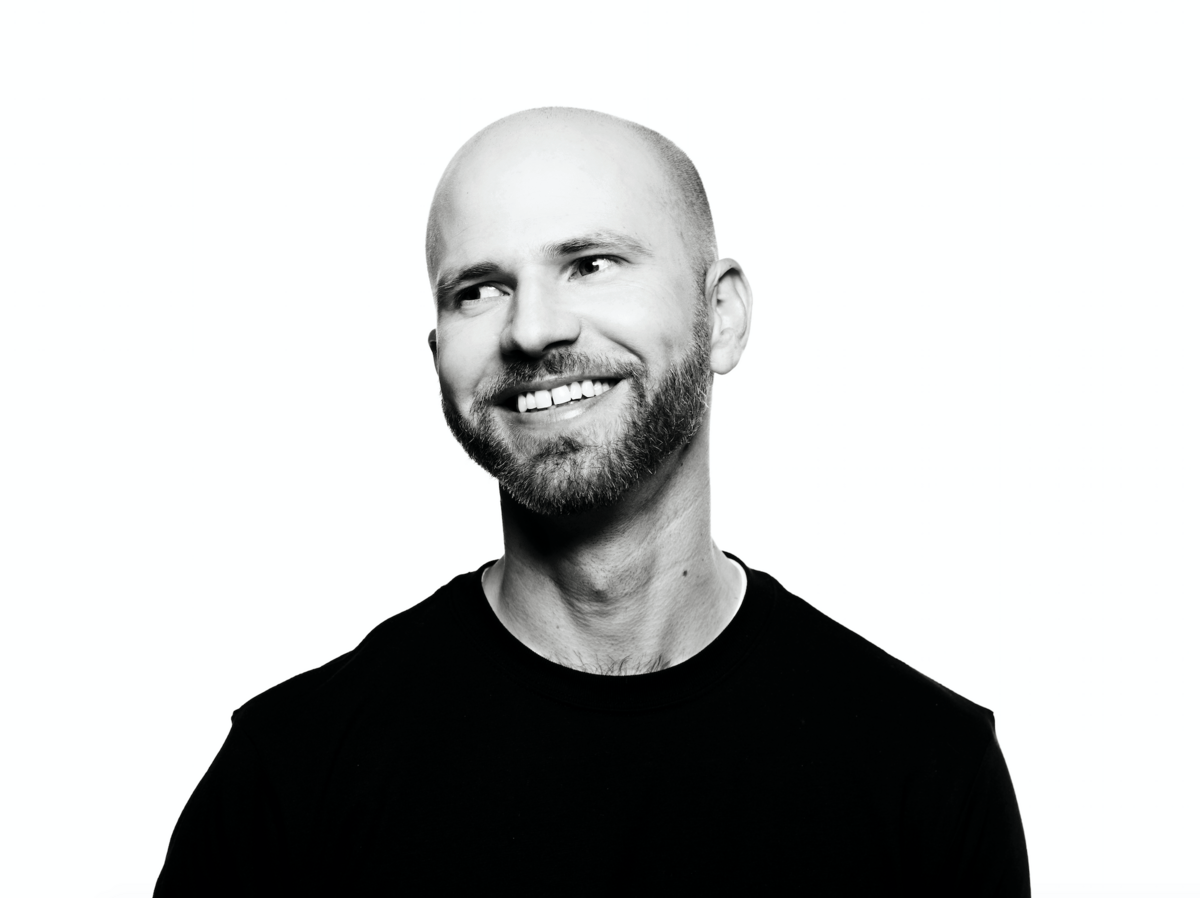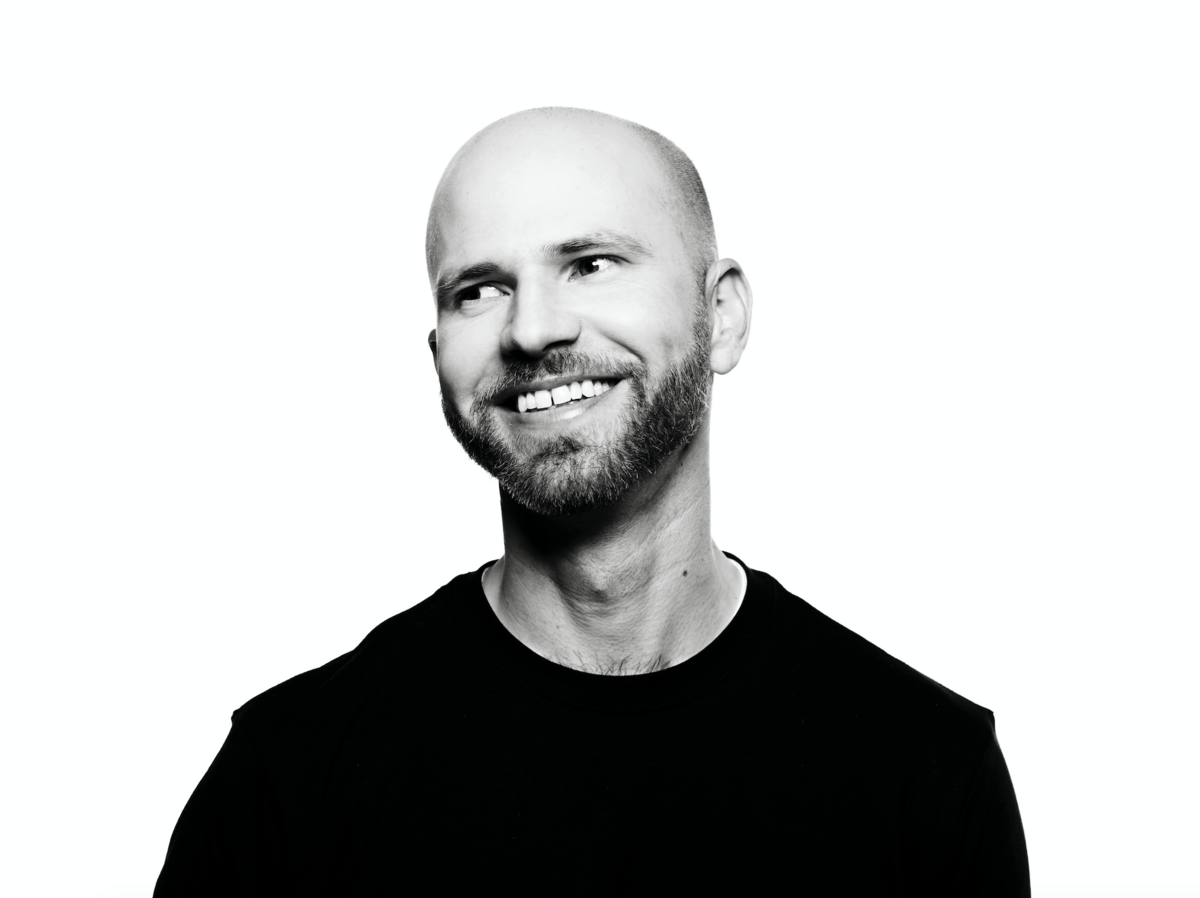We’re living in a polarizing time. And the force that decides what you see every day, the infamous algorithm, is pushing us further apart.
Last week, we saw it again. People in sports media lost jobs. College kids got expelled. All because of something they said online, and likely from ideas they absorbed online. And here’s the scary part: the algorithm & media is putting fuel on that fire. But, we can & should desperately fight to prevent our own radicalization by understanding this landscape. My Guide is below…
But, first…I’ve reinvested in YouTube after numerous requests for deeper dives. This week, I break down the Saudi investment in Sports. The Final Frontier is American Football, and it was crossed this week. Check it out & Subscribe if you can. Send it to a friend if you’re so inclined!
Alright, let’s jump in to Human Attention, Media Advertising & the Algorithm…
How Human Attention Works
Let’s start with us. Human attention evolved for survival, not for scrolling. Three concepts we should all understand:
Fight or flight. We pay attention to threats. The color Red has always meant blood, fire, & danger. That’s RED notifications & banners are used in news & on your phone so often.
Confirmation bias. Our brains save energy by looking for what we already believe. It feels easier, but it keeps us in bubbles.
Survival mode. We weren’t built to thrive. We were built to not die. And that instinct is being hijacked every single day to make us pay more attention to threats, rather than seek out thriving opportunities.

How Advertising & Media Work
Traditional media ran on “If it bleeds, it leads.” Fear. Catastrophe. Crime. BREAKING NEWS. It keeps eyeballs glued to the screen.
Social media uses the same playbook on steroids, but it’s more subtle.
The algorithm has one job: to keep you on the app. Social Media companies make money by providing a “free” service, while selling advertisers all your data. They know who you are, what you like, your leanings and they utilize that info to help companies target you with specific ads that are most relevant to you.
The longer you scroll, the more ads they sell. And the fastest way to keep you hooked on the app is to reward the most extreme content.
We see the most extreme content daily, this can be in “good” ways: the most incredible sports plays, acrobatics, cutest cats…etc. But, more often than not, we see the worst ways: WILD accusations, conspiracy theories, Us vs Them. If you talk to normal human beings, most people actually fall in the 80% of flowing middle ground politically. But, there are 10% extremes on either side. Our social platforms reward the top 1-3% of those extremes.
A helpful specific analogy: Think of a park on a Saturday afternoon. Ninety-nine percent of people are minding their own business, enjoying their day & their activities. But one person starts screaming. This person is often suffering from extreme stress, mental illness or any number of outlier events. But, everyone looks. AND, that association with that park often sticks.
Rubbernecking is another helpful analogy. Human beings can’t NOT look at an accident of catastrophe. It was born into us after thousands of years of trying to avoid catastrophic events.
This is like modern virality, except we see catastrophe from EVERY CORNER OF THE EARTH ALL THE TIME.
Sometimes you’re sympathy watching, sometimes you’re annoyingly-watching craziness. Either way, the platform gets you to keep watching.
Social platforms drive you to the most logical extreme of any category in an effort to keep you watching, but it also starts to make you think that these things are “normal” and common. This is not true, but it FEELS true.
Reality Bites
What happens online doesn’t stay online.
If you live in these rabbit hole long enough, you start to think everybody thinks like you. Then you say something publicly. If it’s provocative, or crass, or rude, then the algorithm pushes it further.
Now you’re in real-world trouble. Jobs lost. Scholarships gone. Careers derailed.
This is a troubling pattern. And unless we understand the game, we will keep being played.
As religion has shrunk in America, we have replaced churches with our political parties and we worship our political leaders like higher powers. This is played out every day online, but it’s increasingly spreading into real life.
What’s the Answer?
Touch grass. Talk to people and Get Involved at a Local Level. The unhappiest people are the ones who pay most attention to global & national politics, bc outside of a vote once every 2-4 years, there’s not a lot of agency we have over these outcomes.
We’d all be better off if we logged off for a while. But we should all be smarter about how our attention gets used.
Remember the incentives. Extreme posts exist to keep you scrolling, not to give you truth.
Protect your attention. Your time is the most valuable currency you own.
Talk to real people. Most of us aren’t extreme. We’re just human.
Keep perspective. The algorithm thrives on division. But humans thrive in unity: remember the whole UNITED States thing?
Pressure test ideas: is your discourse & consumption all from one side?
At the end of the day, we have to remember that we’re not each other’s enemies. We’re neighbors. Citizens and Teammates. We can disagree, but let’s do it respectfully.
If we can hold onto that, we can stop letting the algorithm decide who we are & how we relate to the rest of the world and start letting our humanity be restored again.
Education:
The BrandFathers new episode is out NOW: This week, the Brandfathers discuss the pet peeves & solutions behind marketing conferences. AI marketing, Nike changing its “Just Do It” slogan and more…
Blessing:
I’ve been “news sober” for about 3 years now. I’m politically homeless. And I think we’d all be better off, if we tried this from time to time.
2020 & 2021 did a number on all of us. I felt great distress by all the turmoil in our world, especially as many issues came to the surface for causes I care deeply about: criminal justice & racial reconciliation.
But as my distress grew, that begin to bleed out onto my family. I was neglecting my immediate family by paying too much attention to the growing divide.
I had to reset.
Moving from Portland, OR back to Dallas, TX was a ping pong experience politically. I think I’ve benefited from having friends and thoughts from both sides and I think I’ve landed closer to the net than the serving lines.
And while I think we can definitely be on one side of the aisle or the other, it should not be our identity- ESPECIALLY for Christians who claim to have our identity in Christ.
I won’t solve all of this here, but this podcast was extremely helpful for me to understand our toxic mentalities around Politics and what we can do about it.
If you want to find some freedom from it, check out Arthur Brooks’ ideas in this simple podcast. He studies happiness for a living & has some great analysis. Hint: it’s not checking out, it’s checking our motives, our inputs and our mentality.
Blessings.


